By Danielle L. Lupton, Valerie Morkevicius, and James Pattison.
It’s been over two months since the crisis between Ukraine and Russia escalated with the Kerch Strait incident in November 2018. Since then, the global news media has devoted little attention to the conflict and references to the dispute from senior American and European policy makers have grown increasingly sparse. Despite an immediate public condemnation of Russia’s actions by the EU and NATO, European and American leaders have yet to coordinate a significant response. In short, the reaction has been underwhelming.
This is problematic for three reasons. First, Russia’s latest act of aggression has been interpreted by many as a test of Western resolve and America’s commitment to its European allies. A failure to present a united front carries reputational consequences for the United States, the EU, NATO, and other European powers as well as their leaders. Second, the conflict in Ukraine is ongoing and the humanitarian consequences for civilians of this “forgotten” war—not to mention for Ukrainian democracy itself—are dire. Third, a lack of response to such acts of aggression could further embolden Putin, not just in Ukraine, but also in the Baltics and Eastern Europe.
How the West Could Respond
Western powers have a variety of measures at their disposal, including economic, political, and military-strategic options. Economically, the West could punish Russia by imposing new limits on Russian banking (such as cutting SWIFT), imposing broader sanctions on Russian exports, preventing ships that call in Crimean ports from unloading anywhere in NATO countries or the EU, and temporarily freezing or even cancelling the lucrative Nord Stream 2 gas pipeline project.
Politically, the US and its allies could increase the domestic political costs of Russia’s invasion and continued intimidation of Ukraine. This could include placing increased restrictions on the ability of Russian nationals to purchase property or open bank accounts abroad, introducing a fracture between Putin and his supporting cast of oligarchs. Additional sanctions could be placed on Russian officials directly involved in the planning and execution of the Kerch Strait incident or on officials involved in the show trials of captured Ukrainian soldiers. Alternatively, and more drastically, the West could open an information warfare campaign against Putin within Russia, using Russian social media outlets such as VK to amplify critiques of Putin’s government and sow dissension amongst Russian social groups.
Symbolically, the US, EU, and NATO could employ military-strategic measures that signal their support for Ukraine. One such option is a naval guest visit from NATO allies into the Black Sea and Ukrainian ports. The Kerch strait issue could even be pressed by an attempt to pass through to Mariupol. Alternatively, the US, NATO, and its allies could increase the number of military advisers on the ground in Ukraine.
Alternatively, the US and NATO could be more assertive and focus on altering the military-strategic calculus of Russia’s actions against Ukraine. Offering NATO membership would be the holy grail for Ukraine and a thorn in Russia’s side—particularly as NATO itself has argued that “a sovereign, independent, stable Ukraine, firmly committed to democracy and the rule of law, is key to Euro-Atlantic security.” Increasing arms sales or even NATO military hardware transfers to Ukraine would also alter the strategic calculus. At the extreme, US and NATO troops could be put on the ground in a non-advisory capacity.
Choosing a Response
None of these options is a panacea.
Economic sanctions can demonstrate the West’s resolve, but are unlikely to lead to significant change in Russian policy. After all, Russia is already heavily sanctioned by the West, and its economy has had time to adapt. However, new sanctions might abrogate some of the worries that unchecked Russian behavior will lead to future aggression. To generate such an effect, the sanctions regime needs to be extensive, both to show Western resolve and to make Putin take notice. Yet the more extensive the sanctions, the more likely innocent Russians will bear the costs.
Information warfare might sound like turnabout’s fair play, given Russia’s penchant for such tactics—and it would cause little physical harm to civilians. But it is unlikely to work. Russia’s information campaigns against the West draw on decades of careful research into the social and political lives of Western democracies—but this depth of insight into Russia is lacking in the US (and most NATO members).
Furthermore, even if an information warfare campaign challenged Putin’s popularity, it is hardly likely to lead to democratic reform within Russia or even foreign policy change. Ethically, information warfare is deeply problematic—it may kill no one directly, but its pernicious social effects can be unpredictable.
A naval guest visit to the Black Sea would not actually change the material realities on the ground, but it could send a message that the US and its NATO allies are willing to impose higher costs. Similarly, increasing the number of US and NATO military advisors on the ground carries symbolic weight, yet lacks significant military consequences. Still, miscalculation is always a risk — and multiplied in this case by a military willing to engage in daredevil activities with aging hardware.
Military support to Ukraine, such as increasing arms sales, might have more success. It would demonstrate Western resolve but risk escalation. Likewise, accelerating NATO membership might appear like a trump card, but it’s a dangerous move. Article 5 of the North Atlantic Treaty requires a collective responsive if one individual member is attacked. In an expanded conflict innocent civilians—Ukrainian and Russian—will end up bearing the costs. Realistically, the risk of a direct NATO conflict with Russia means that current NATO members are likely to block any attempt to bring Ukraine into NATO.
At the very least, the West should present a robust critique of Russian policy in Ukraine. A clear condemnation would signify Western unity and the basis of resolve. Without a clear critique, the West gives the impression of condoning or ignoring Russian aggression. This in turn sends a signal to other states with territorial desires, including China.
Ultimately, the ongoing situation in Ukraine presents a scenario in which there is no best option. Instead, the US and its allies must choose the least-worst response. A clear and united condemnation of Russia’s actions in the Kerch strait case, coupled with expanded sanctions on officials and oligarchs close to Putin, are unlikely to force Russia to drastically change its policy in Ukraine. Although sanctions are less effective at signaling resolve than more militaristic measures, an increased sanctions regime could still demonstrate a united front and discourage Russian policymakers from assuming that future aggressive acts will go unanswered.
In addition, delaying Nord Stream 2 until Russia alters its behavior would send a clear message. Such actions are costly for NATO and the EU, but it is precisely this increased cost that would make such an action a clear signal of Western resolve. When nearly every policy option has the potential to expand the conflict, such political actions may be the most strategically sound—and ethically wise—choice.
Danielle L. Lupton is an Assistant Professor of Political Science at Colgate University. Valerie Morkevicius is an Associate Professor of Political Science at Colgate University. James Pattison is a Professor of Politics at the University of Manchester.

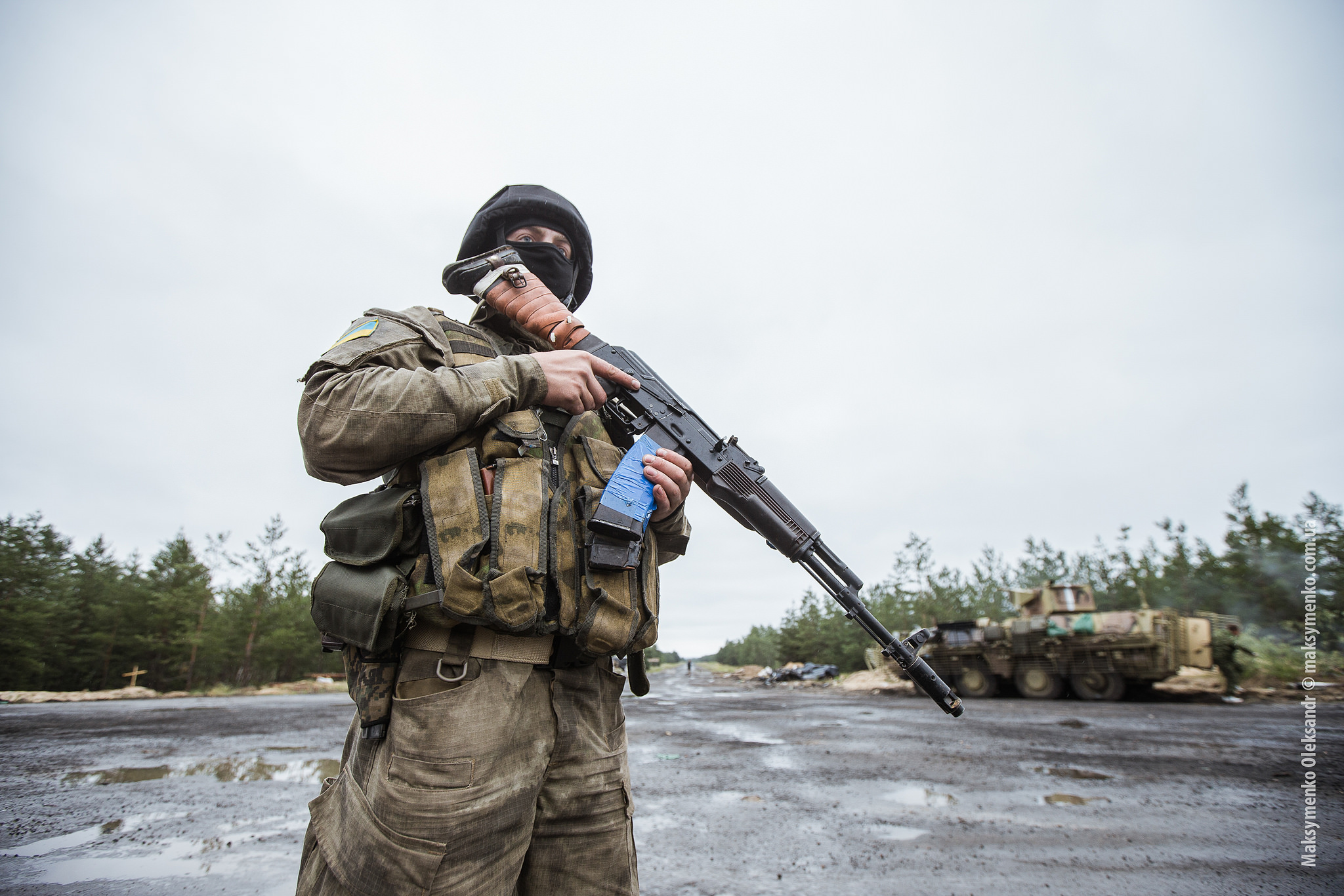
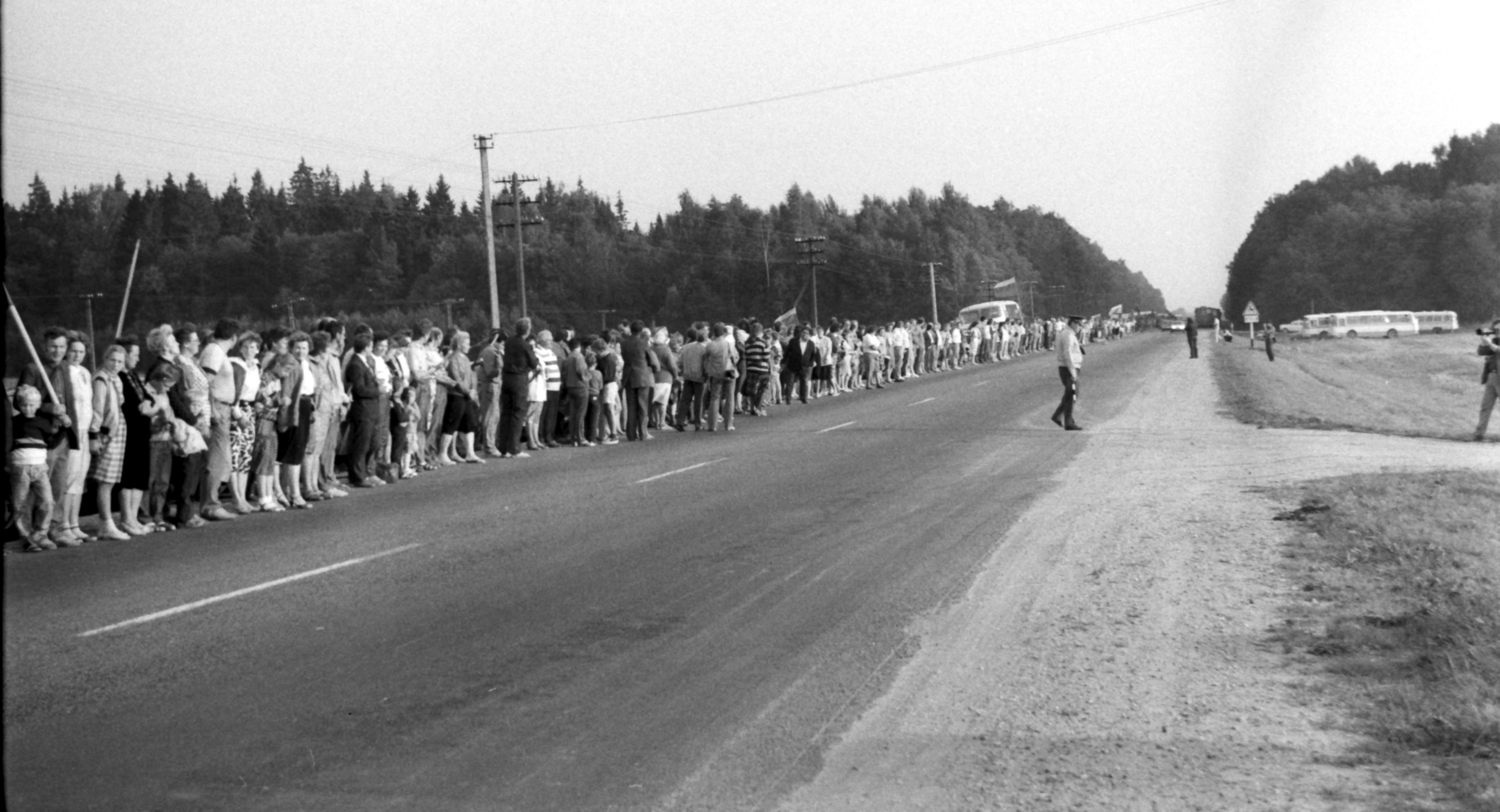
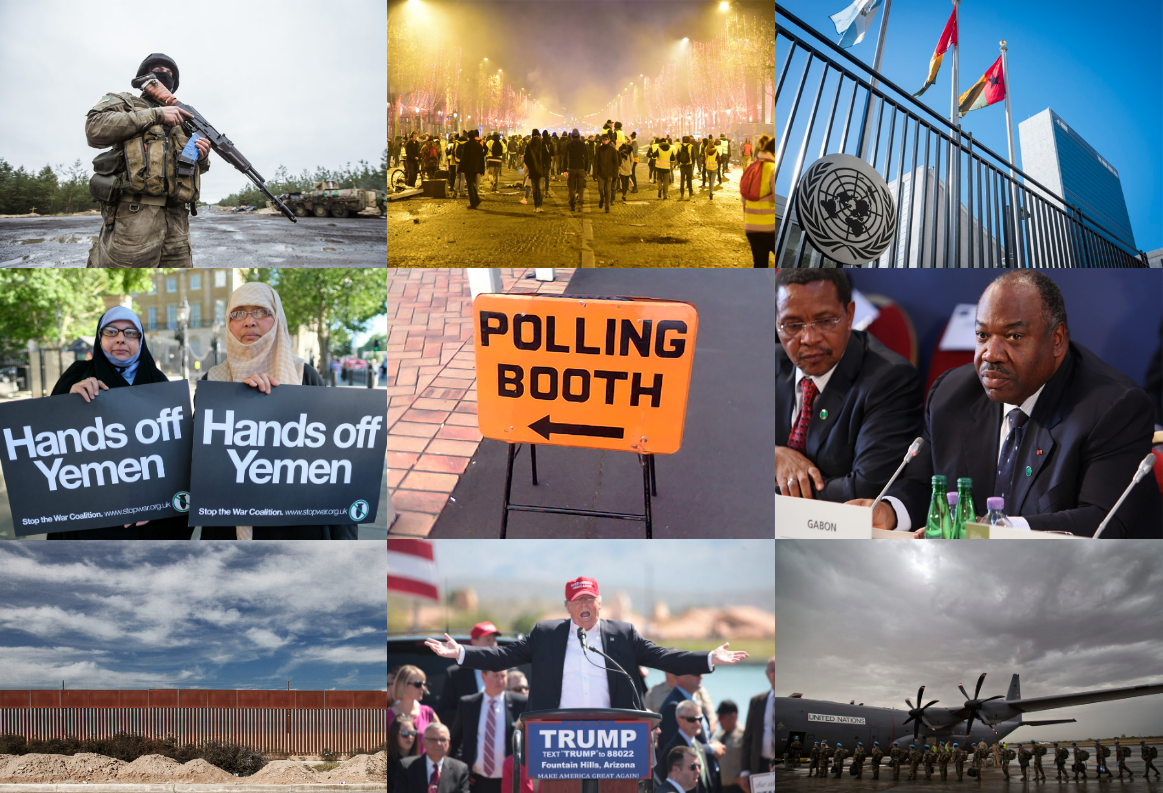
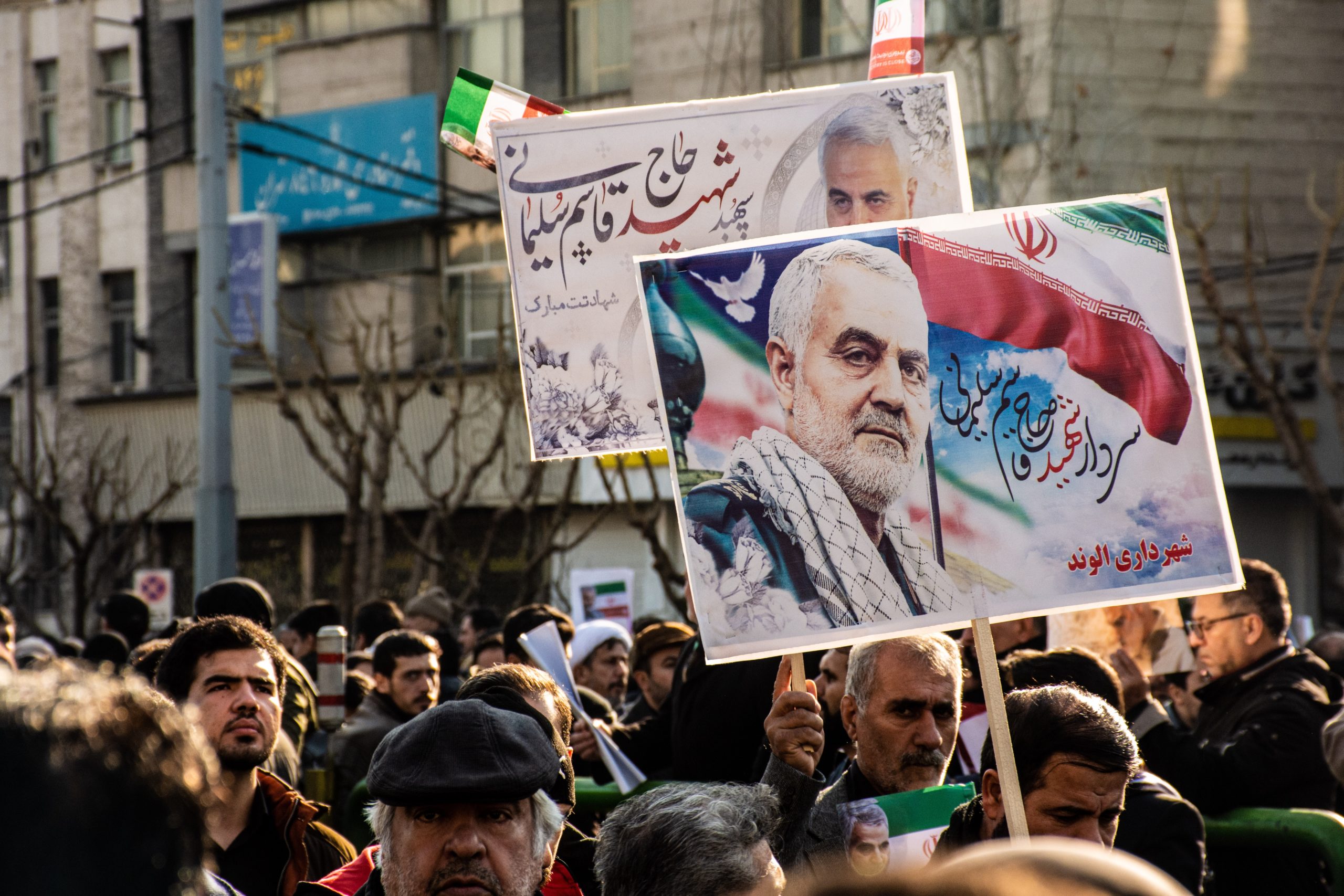
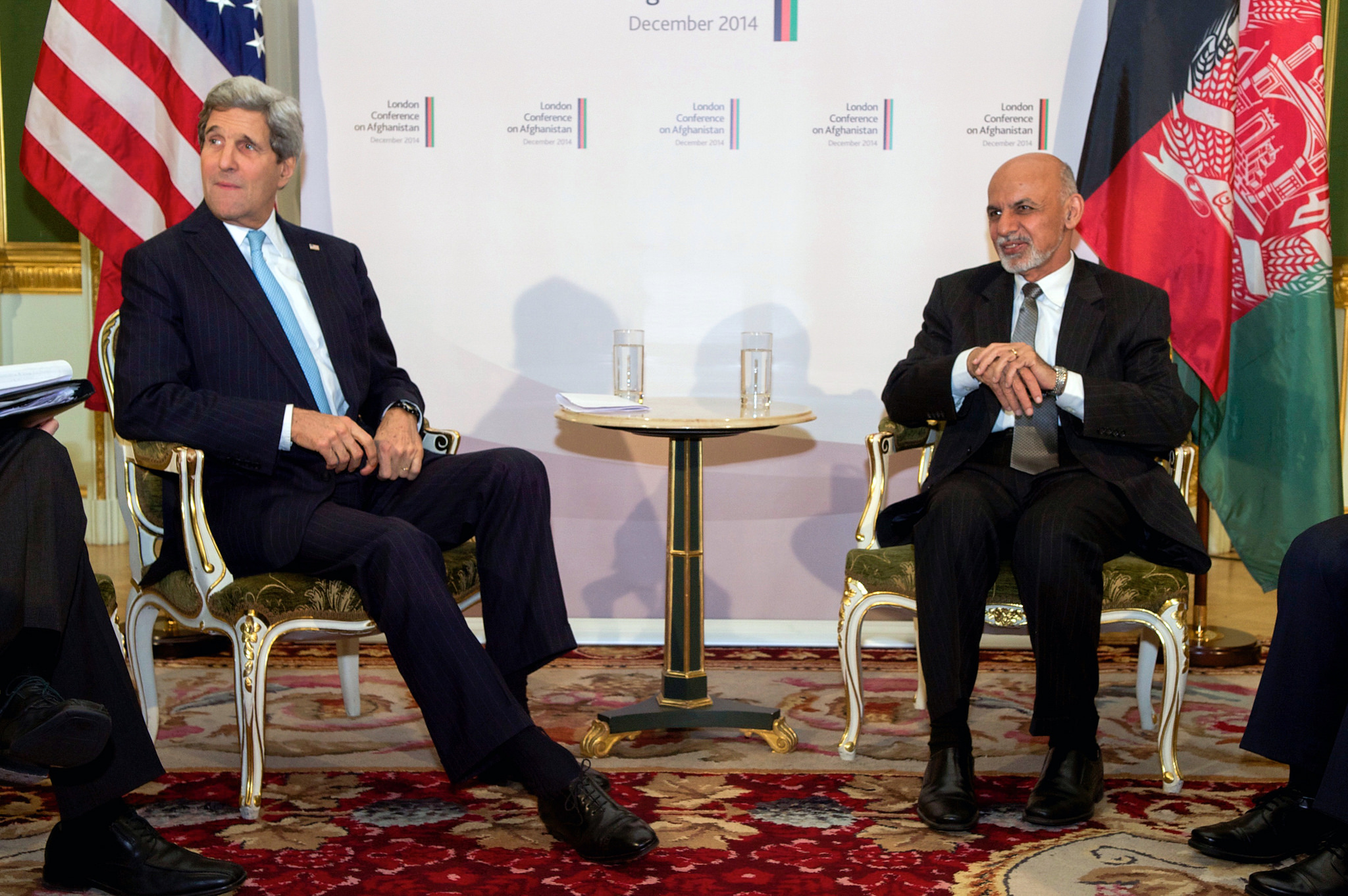
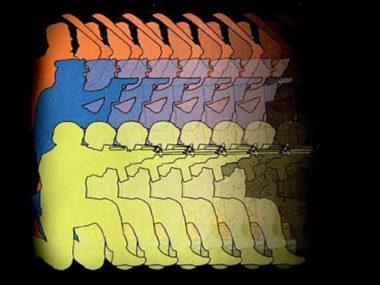
1 comment
The Russians have sent two large planes filled with Russian troops to Venezuela. We have done nothing
about it . Are we scared to say something about having Russian troops in our hemisphere?? To me
Venezuela is closer than the Ukraine or Syria, or Iran.